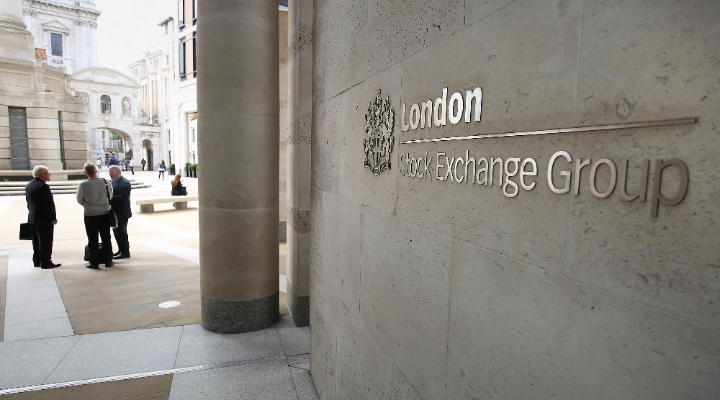We don’t normally write about individual fund launches, but the imminent launch in the investment trust sector of a new fund has caught my attention and not just because of its investment remit. Polar Capital Global Financials has some features that make it more shareholder-friendly than we're used to seeing.
Firstly there is the structure of the performance fee. It has a hurdle rate, a high water mark and it will only be paid to the investment manager at the end of the trust's seven-year life. That means it won't erode gains unnecessarily during the fund’s life by chipping away at them every year. It also discourages the investment managers from being overly focused on short-term gains and allows them to take a longer-term view. The management fee is calculated on the lower of the fund's net asset value (NAV) and market capitalisation. At 0.85% it compares very favourably with its peers, although the deferral of the performance fee to the end of the fund’s life will distort the Ongoing Charges somewhat.
The seven-year fixed life is an interesting feature. The managers believe in 10-year market cycles and their view is that we're two years or so into the current cycle. No doubt as the end of the fund's life approaches, there will be discussions on whether to offer a rollover vehicle, but the fixed life helps with the management of the fund's discount, or at least that's Polar's view. Nonetheless, it should give some comfort to those who are a little sceptical of investment trusts and their potential for widening discounts as there will always be an endpoint in sight (May 2020).
The managers themselves are investing at launch, despite the fact they already run open-end financials funds and already have personal investments in the sector. They each bring a background in financials as well as public track records through which we can analyse their performance—a caveat here is that this is the first time they share the management responsibility of a fund. John Yakas has the greater experience as he has spent the majority of his 25-year career analysing financials; co-manager Nick Brind has a wider background, which includes the management of investment trusts while at Exeter Fund Management.
Then there’s the fund’s board of non-executive directors. Initially there will be just three members, of which two are female; that's the first fund board I've seen that has a female majority. Further, they will all be investing at least half of their annual salary into the fund each year for the first five years. A smaller-than-average board helps to keep a lid on costs, although it increases their workload. Each member has wide-ranging experience and, unusually, they are all under 60 years of age (just!). While some can argue a younger board is by definition less experienced, each of them has a background that is relevant to this fund's remit and they're not part of the investment trust 'old guard.'
But what about the opportunity set? The word 'financials' has been enough to send many into hiding in the last six years. The financials sector is about much more than banks, though. The Bloomberg World Financials index comprises banks, property, non-life insurance and life insurance, and these can be split further into sub-categories such as insurance broking, credit card issuers, exchanges, asset management and specialist lenders. It’s fair to say that financials aren’t top of most investors’ buy-lists right now but I can see the logic behind Polar’s belief that the next cycle is underway.
The decision on whether the time is right to buy into financials isn’t mine to make but there’s no doubt this fund has some shareholder-friendly qualities that make it stand out among peers.



























